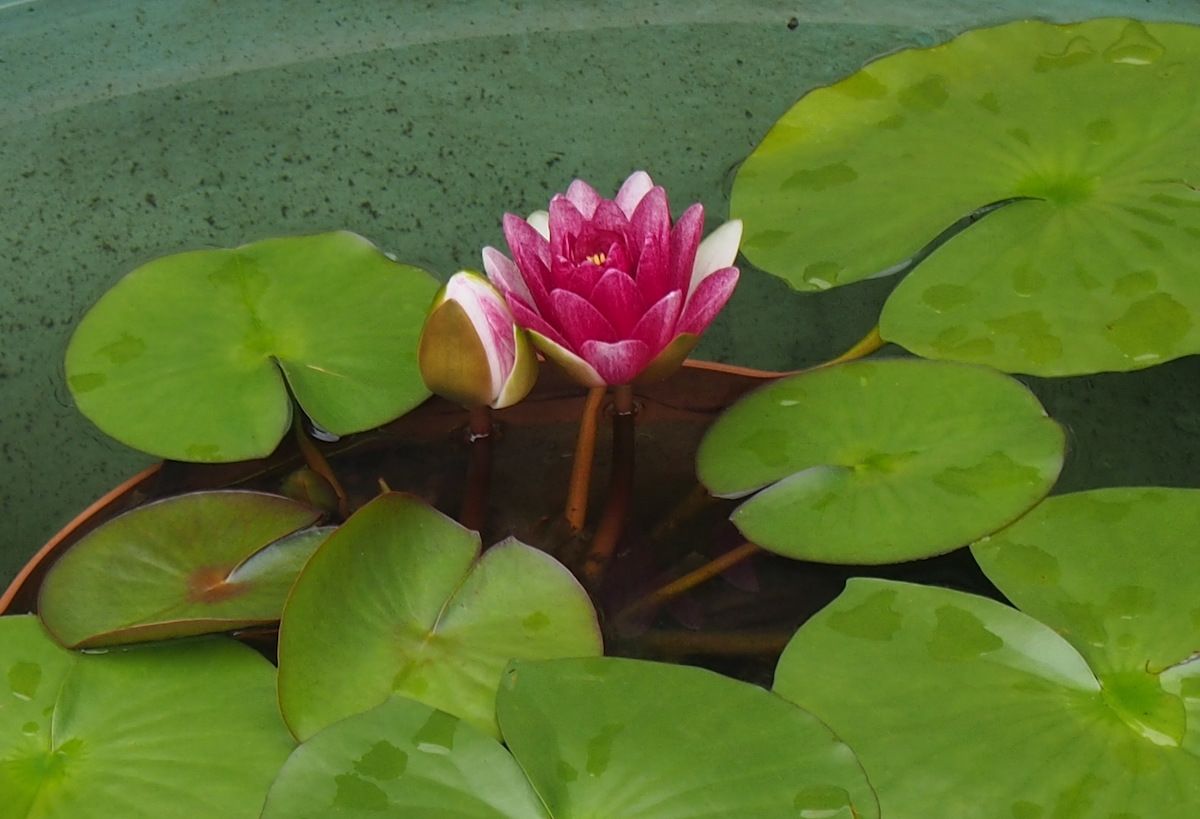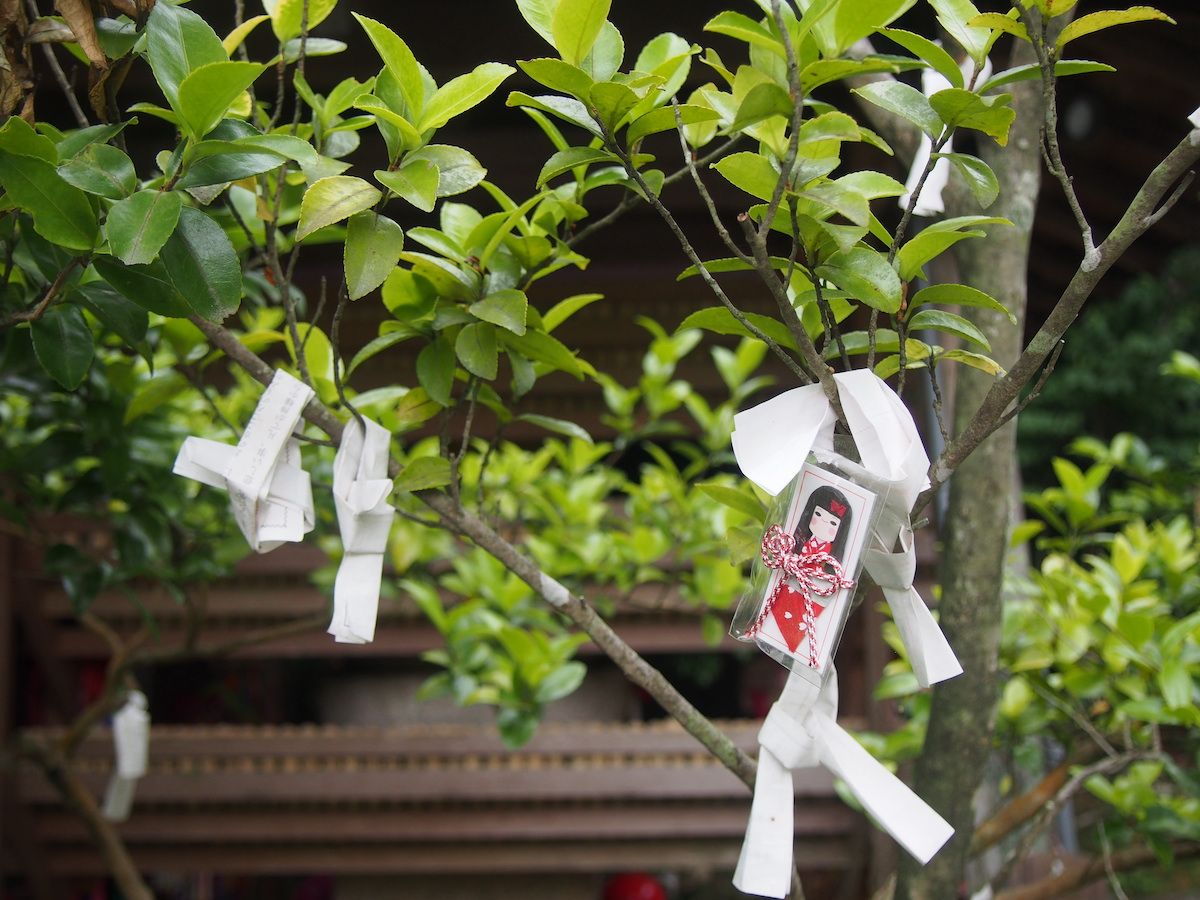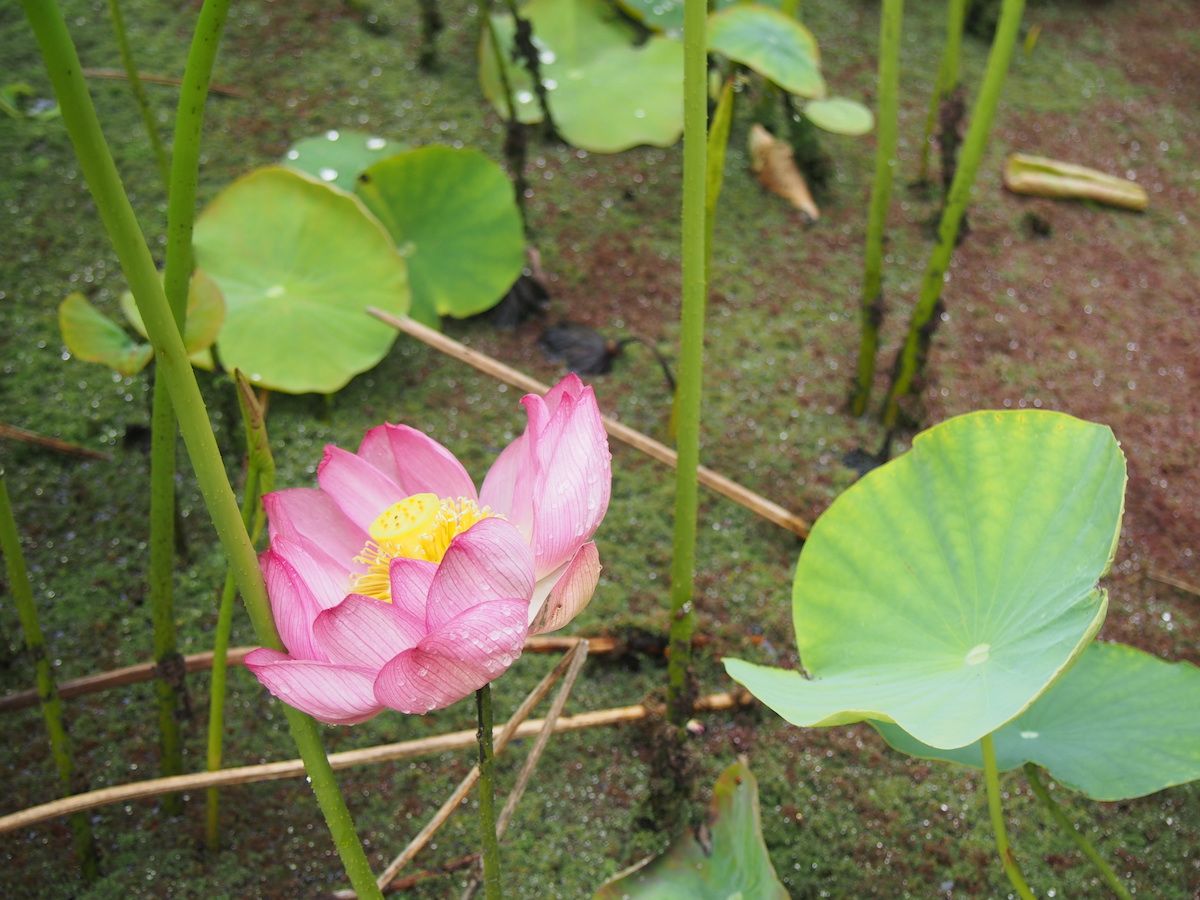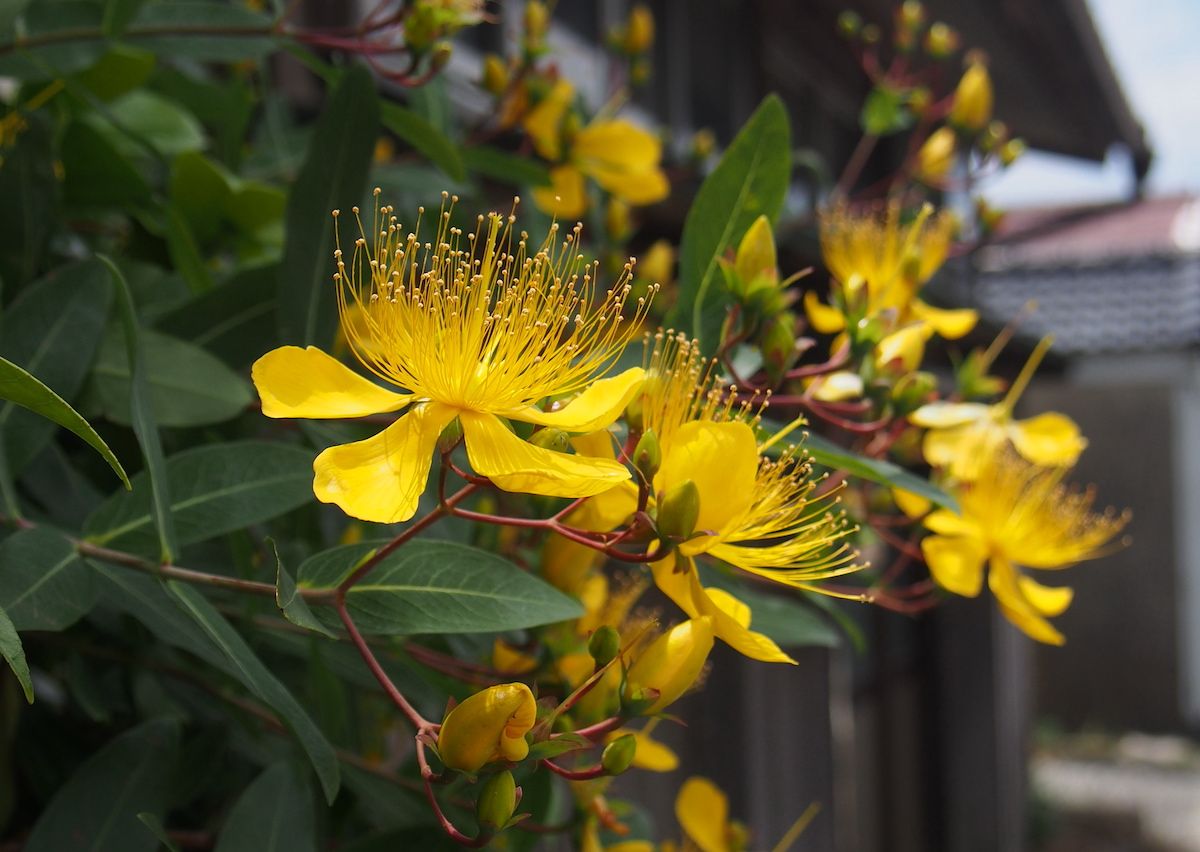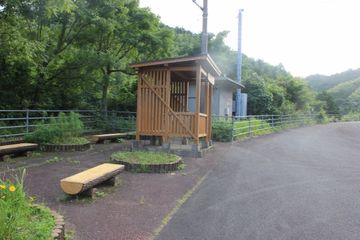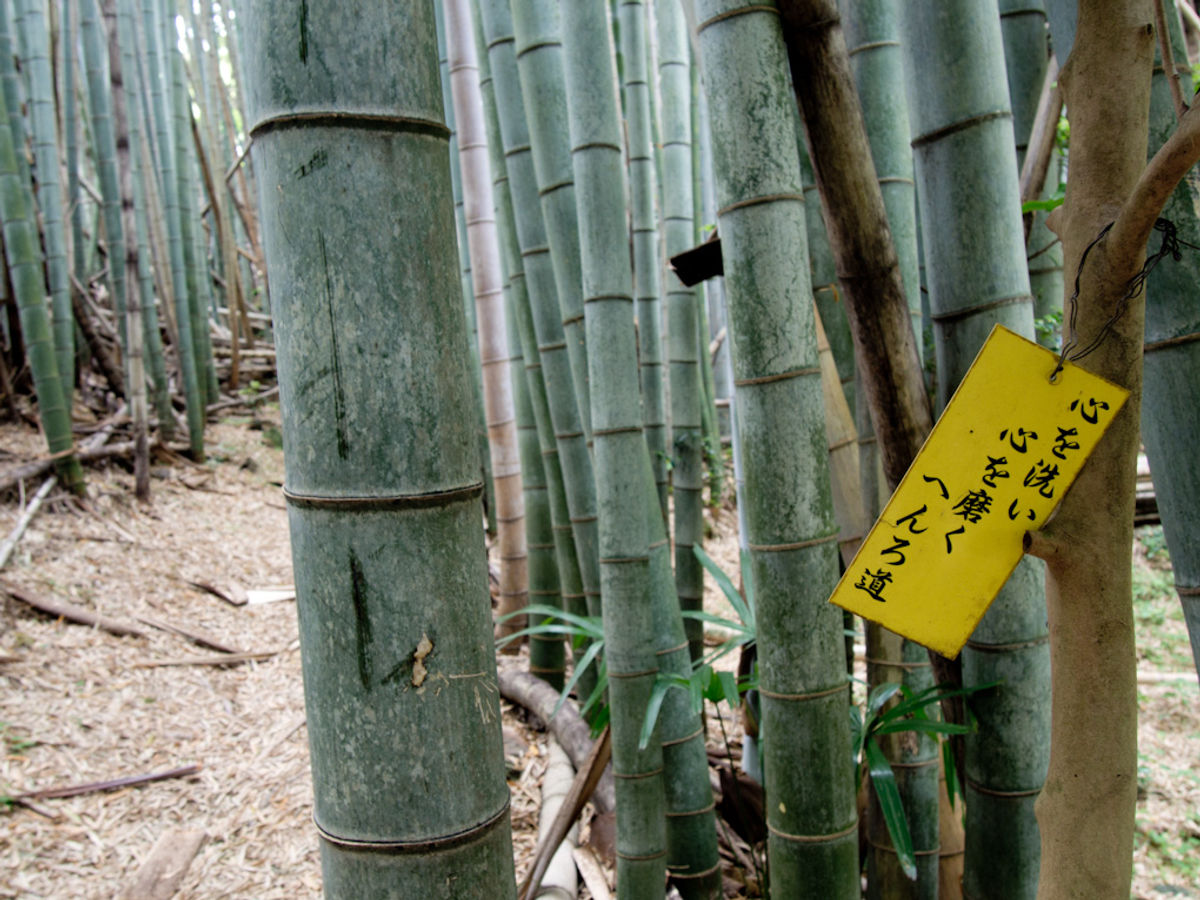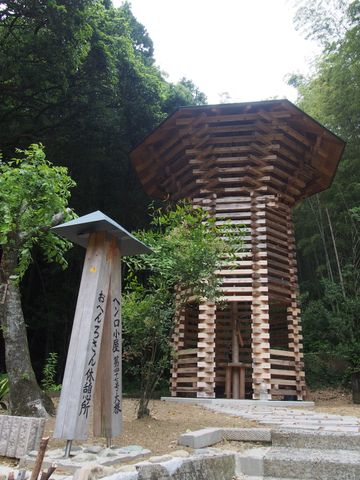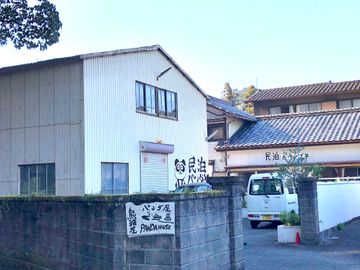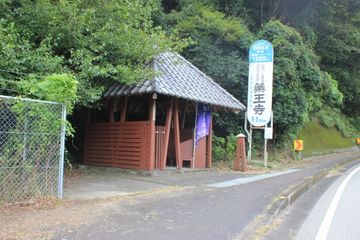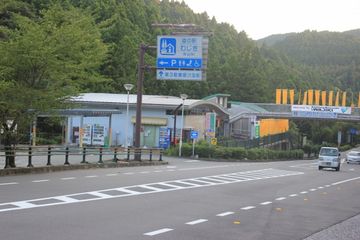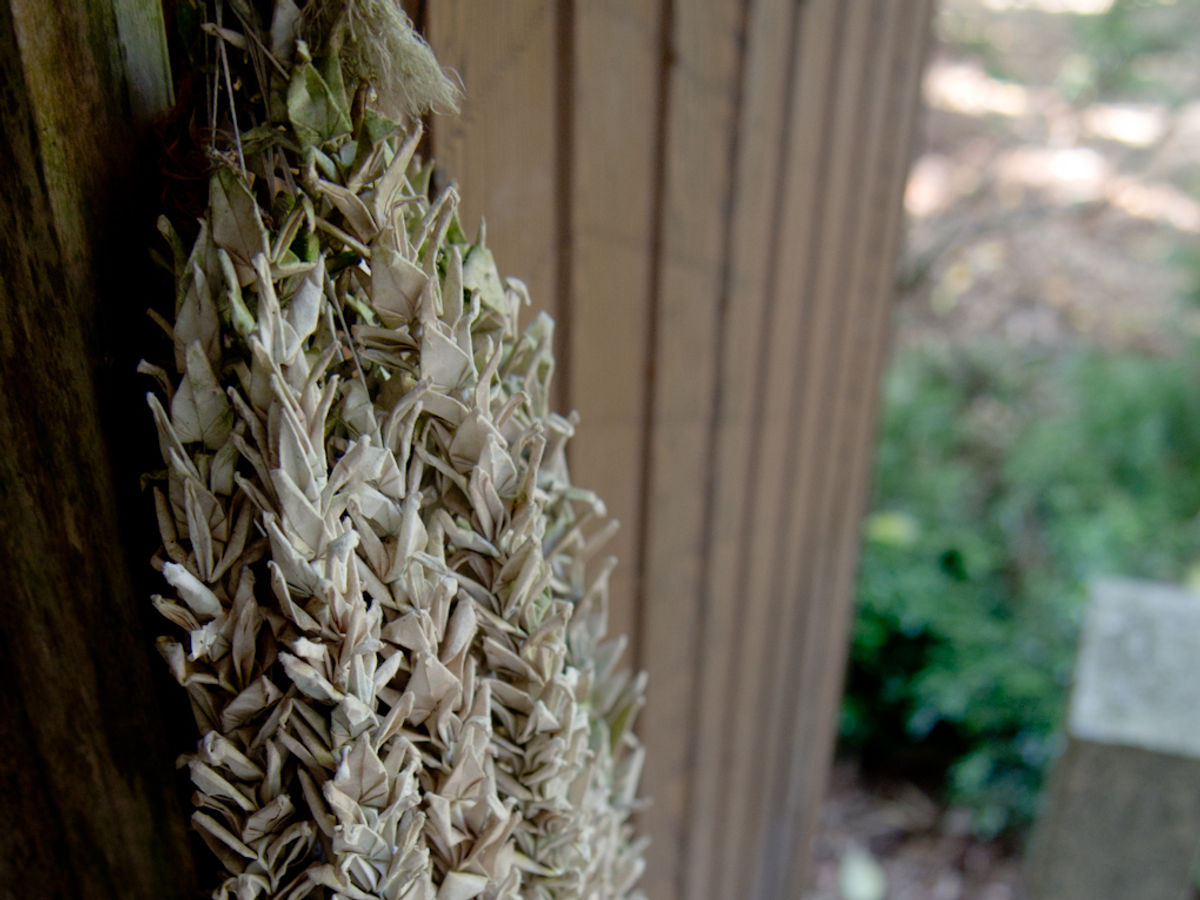
Byodoji, temple number 22 on the Shikoku Pilgrimage, is nestled at the base of a low mountain range in Anan, near the Kuwano River. This revered site draws visitors from across the globe as a key waypoint in the spiritual journey through Shikoku. The temple's layout and architectural features offer a rich tapestry of cultural and religious significance, providing a window into the traditions and practices of Japanese Buddhism.
The entrance to Byodoji is marked by a striking two-story Niō Gate, guarded by stone lanterns and accessible via a series of steps that ascend from the road below. This gate serves not only as a physical entry point but also as a symbolic threshold, separating the mundane world from the sacred precincts of the temple. To the left of the path leading from the gate, visitors find a belfry, which houses a bell used in temple rituals and ceremonies. Adjacent to this is the Daishi Hall, home to a statue of Kūkai, the revered monk also known as Kōbō Daishi, who is credited with founding the temple. This hall also contains a special sanctuary for Kūkai's Ten Principal Disciples, highlighting their importance in the temple’s spiritual lineage.
Further exploration reveals the Kannon Hall, dedicated to the Bodhisattva of Compassion, and the temple office, where pilgrims and visitors can seek assistance and information. A notable feature near the office is a well, believed to have been dug by Kūkai himself, which is associated with healing powers. The presence of a Jizo stone statue and a shrine on the temple grounds adds layers to the spiritual ambiance, inviting contemplation and reverence.
The complex also includes the priest's quarters and a guest hall, which houses an eleven-faced Kannon statue, esteemed as the oldest artifact within the temple. A significant architectural element is the long flight of stairs leading to an upper level, where the main hall is located. This hall is a treasure trove of religious art, housing images of Yakushi Nyorai, the sun and moon deities, the twelve heavenly generals, and several other significant figures in Buddhism. The ceiling paintings in both the inner and outer temple areas are noteworthy, featuring depictions of the 88 principal idols of the Shikoku pilgrimage and an array of floral motifs.
The temple's history is as rich and varied as its physical attributes. According to legend, Byodoji was established by Kūkai following a divine revelation, which led him to discover a well of healing water. This auspicious beginning marked the start of the temple’s long history, which saw its expansion and eventual destruction in the late 1500s by Chōsokabe Motochika. The restoration efforts in the 17th century by Monk Terutoshi Acharya are a testament to the resilience and enduring significance of Byodoji.
The legends surrounding Byodoji are integral to its identity and allure. One such tale recounts Kūkai’s prayer for protection against misfortune, which was answered with a miraculous vision that led to the consecration of the temple. The healing well, the creation of the principal image of Yakushi Nyorai, and the establishment of the temple were all driven by Kūkai's deep spiritual commitments and his desire to offer solace and healing to all beings equally.
Today, Byodoji stands as a symbol of spiritual equality and healing, welcoming pilgrims and visitors from around the world. Its architecture, statues, and the stories embedded in its walls and grounds speak to a rich tapestry of religious belief, artistic expression, and historical resilience. The temple’s role in the Shikoku Pilgrimage underscores its significance in the spiritual landscape of Japan, offering a space for reflection, prayer, and connection to the divine.
Hours
ClosedAmenities & Facilities
Key Distances & Elevations

Reviews
Buy a drink from the refreshment stall and receive kind advice about the next stages and a copy of a hand-drawn map from the folks running the concession.
Note - Sazanka Minshuku, directly next to the temple is not indicated on the map on this site. It is a comfortable place to stay with a super-kind owner who prepares a wonderful dinner and breakfast. Washing machine and dryer are available at no charge.
